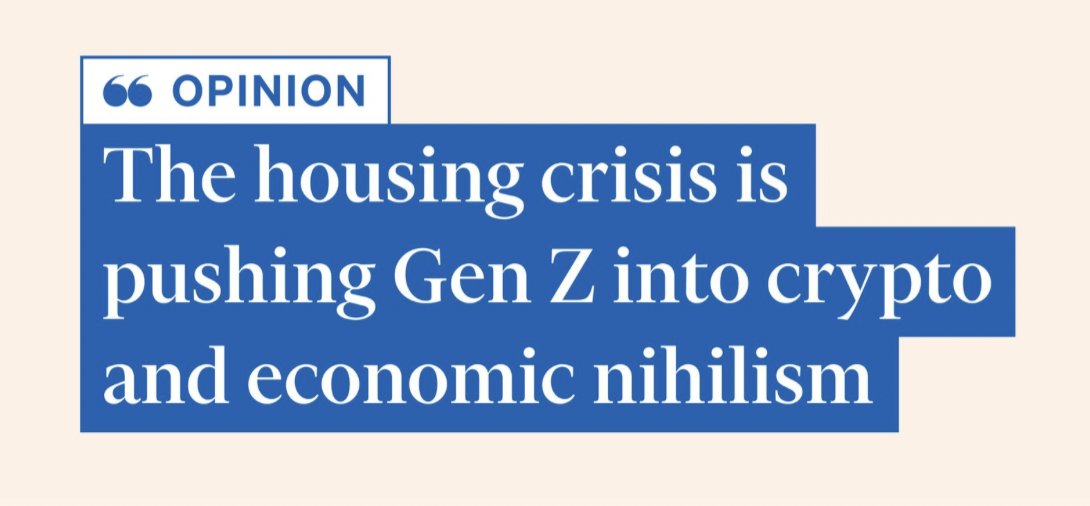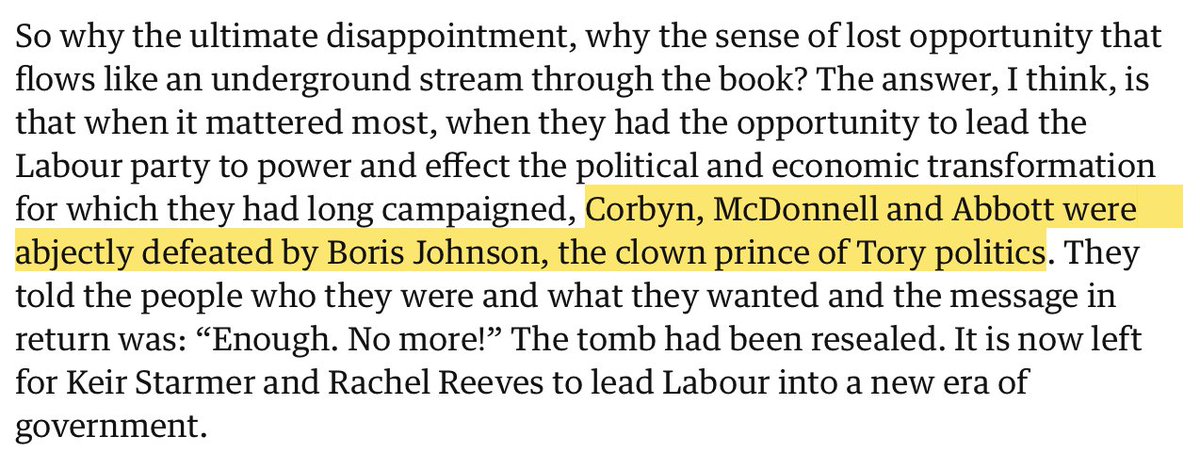How to get URL link on X (Twitter) App

https://twitter.com/jsternweiner/status/1958182876488352222As it stands there is no way to adjudicate between the professional journalist and the member of the public, even though the issues raised are incredibly important. In a mutualised BBC members' panels would be on hand to examine controversies like this, and make a determination.

 ... where it has led us, and we need to change our political economy to improve living standards for the majority against a background of geopolitical instability and climate change. But post-2008 the media prefer to believe one weird trick will be enough to appease the gods.
... where it has led us, and we need to change our political economy to improve living standards for the majority against a background of geopolitical instability and climate change. But post-2008 the media prefer to believe one weird trick will be enough to appease the gods.
https://twitter.com/SamuraiApology/status/1904840311647465930Those individuals are not tied to collectives, and are only really vulnerable to the platform owners (which can snuff them out, or promote them, at will). They can embrace left-adjacent themes and drop them as opportunities present themselves. (I am old enough to remember ...

 It's striking that a political journalist needs to go to a structured focus group to find out what people outside Westminster are feeling. But I suppose this reflects the existing balance of power: voters are a background feature in a drama with only a handful of speaking parts.
It's striking that a political journalist needs to go to a structured focus group to find out what people outside Westminster are feeling. But I suppose this reflects the existing balance of power: voters are a background feature in a drama with only a handful of speaking parts.


https://twitter.com/SaulStaniforth/status/1812408945572556912A great deal of media culture consists of projecting their own inability to grasp basic concepts onto their audiences: rather than explain how parties interact with the state, which would require thought, they happily go along with framing that is simple, familiar and wrong.

 A "centrist dad" is a product of domination, inasmuch as he doesn't know why he believes what he believes. There are plenty of liberal capitalists (some with children!) who understand what they are, how it relates to their beliefs. But the centrist dad is made as if from outside.
A "centrist dad" is a product of domination, inasmuch as he doesn't know why he believes what he believes. There are plenty of liberal capitalists (some with children!) who understand what they are, how it relates to their beliefs. But the centrist dad is made as if from outside.
https://twitter.com/danhind/status/1797646574694306129While warbling about the role of the Treasury I was gently prompted by @aerondavis to read his book on the Treasury, and I did. It's well worth a look. I don't think we can yet say for sure whether the Treasury in the 2010s was as clear-eyed as it was in the 1920s.

https://x.com/alexwickham/status/1806322976867987805
https://twitter.com/danhind/status/1806282431466525063We *know* we need to invest heavily in renewable energy, in food security, and in all kinds of public infrastructure. There is no reason to rely on private rent seekers to finance it. To repeat, we should make it clear from the outset that any revival of PFI will be reversed.
https://twitter.com/Matt_Walsh/status/18025983125471438002. There's a startling absence of trade unionists among regular non-politicians, and an overwhelming preponderance of (right-wing) comment journalists. This results from the labour movement giving up its communicative assets after 1945, putting its trust impartial liberal media.
https://twitter.com/garyyounge/status/1801556248166383918There's a very real chance that Labour will implode on contact with office. It's a brittle political project, and its own structures and broader institutional hinterland have decayed into cronyism, much like the Socialists in France. Starmer might be Labour's François Hollande.
https://twitter.com/DrSchwitters/status/1796858361100603758They must have known that the Guardian wasn't going to tell their readers what was going on and what was at stake, would do their best to defeat them, so why didn't they do everything they could to displace it as the main source of information for most of their supporters?

 Gosh, why would that be, and what does it tell us about the recent behaviour of both the duopoly parties? Fragmented and politically complex in what ways? Again we are left surrounded by question marks, like a concussed duck in a Loony Tunes cartoon. theguardian.com/commentisfree/…
Gosh, why would that be, and what does it tell us about the recent behaviour of both the duopoly parties? Fragmented and politically complex in what ways? Again we are left surrounded by question marks, like a concussed duck in a Loony Tunes cartoon. theguardian.com/commentisfree/…


